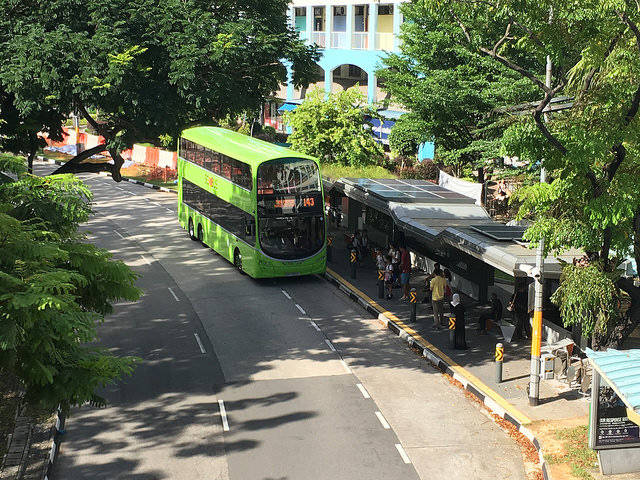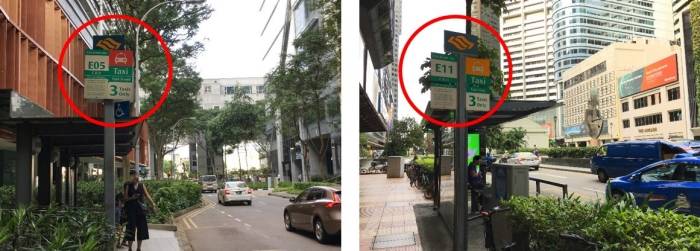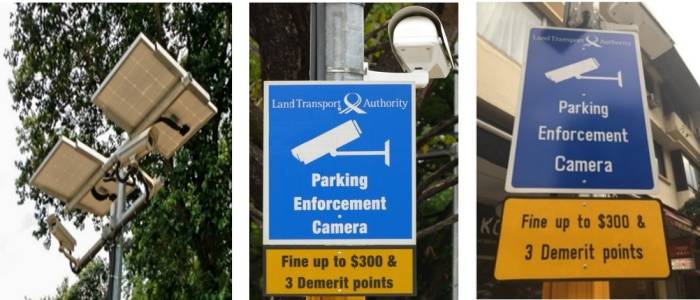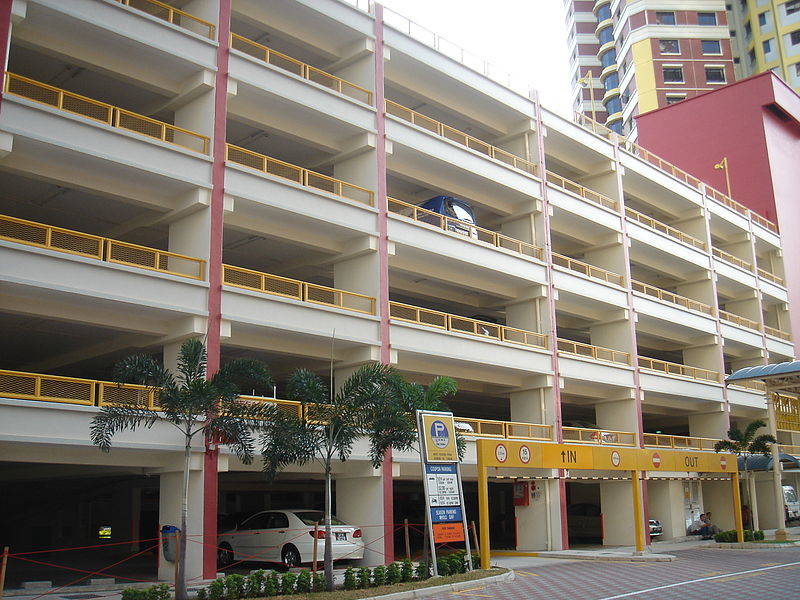Don't get saman by traffic auntie! Know where you can't park!
For those who have passed their driving test decades ago, do you still remember what’s the difference between straight lines and broken lines, yellow versus white lines on our roads? Many experienced drivers would already know where you can or cannot park. But it is always good to revise them once in a while!

Image Credits: Photo by CEphoto, Uwe Aranas
For those who have passed their driving test decades ago, do you still remember what’s the difference between straight lines and broken lines, yellow versus white lines on our roads? Many experienced drivers would already know where you can or cannot park. But it is always good to revise them once in a while!
According to Singapore’s Road Traffic Act, to “park” means to bring a vehicle to a stationary position and cause it to halt for any purpose other than that of immediately picking up or dropping off passengers, goods, or luggage. In Singapore, you can’t park anywhere and everywhere and to ensure compliance, parking wardens frequent various areas to saman offenders and the traffic police has also installed 145 CCTVs since 2014.
Parking restrictions in Singapore can be identified by line markings, location, and signages.
Image Credits: Wikimedia Commons
Yellow Lines
- Single unbroken yellow line on the side of the road: No parking between 7am to 7pm on the side of the road, with the exception of Sundays and Public Holidays
- Double unbroken yellow lines on the side of the road: No parking at all times on this road
- Single and double yellow zig-zag lines on the side of the road: No parking at all times on this road, as well as the public footpath next to the road. Both these parking violations will slap you with demerit points!
White Lines
Whether single or double unbroken white lines are laid out on the road, you should not be parking on either side of the line and when you see a single white zig-zag line, all the more you shouldn’t park as it attracts demerit points on top of the fines.
Besides line markings on the road, you really shouldn’t be parking and . It is not only dangerous, but it also obstructs other drivers and even passengers on the road. Yes, even if your favourite eatery is located at the traffic light, you shouldn’t just hog the road to run in to dabao. Find a proper parking lot somewhere and walk to the eatery. Otherwise, I’m sure you can find another place to have your meal!

Image Credits: Steven Vance, Flickr
The same thing goes for bus stops, you should not be parking (from the tip of the back and front of the bus bay), and don't ever think of parking in the bus stop!
Parking close to a fire hydrant is also a huge no-no. In the event of an emergency, our friendly neighbourhood firemen will need access to the hydrant and if you park , you will be obstructing their work.
Be a considerate motorist and . This offence does not just carry a fine, it also slaps you with demerit points!
Finally, signages clearly inform that you should not be parking in certain areas.
The and sign communicates that you should not park along the side of the road at all times.
are there to faciliate immediate pick up and drop off of passengers. Drivers should not be waiting at the pick-up point as this may cause unnecessary obstruction to other motorists on the road who would also like to use the drop-off bay to pick up or alight their passengers. You also shouldn’t be parking at taxi stands as these are meant only for the taxis in Singapore.

Image Credits: Land Transport Authority
Committing any of these offences, when caught, carry a fine of up to 300 dollars depending on your vehicle category as well as the type of offences. Repeat offenders will be penalised more. Demerit points of up to 4 points can be given in some of the above-mentioned scenarios.

Image Credits: Land Transport Authority
Don’t ever think that because the traffic warden is not there, you can hide… Because there are various CCTV cameras that can capture the number plate of your stationary vehicle. These cameras are brightly-coloured to “give you some chance”, warning you that you really shouldn’t be parking!

Image Credits: Wikimedia Commons
Besides these areas that are regulated and enforced by the traffic police, the also has certain regulations about parking in the estates.
Like the pick-up points, the loading/unloading bay in HDB estates are meant for either emergency vehicles, or vehicles that require parking close to the block to load or unload items. Sometimes, we may use these lots to just park our cars to grab something from our block, rather than parking at the multi-purpose carpark; but do remember that you should not take it for granted and hog these lots for a long period of time. Doing so may obstruct traffic on the service roads.
Unless you hold season parking for that particular estate, you shouldn’t be parking at the season parking lots. These lots are for residents!
Just like the traffic police, HDB has also installed CCTV cameras to deter illegal parking. Fines can go up to $200 depending on the type of vehicle and the offence.
So are you already committing some of the traffic violations? Well, don’t get caught do it!
Credits:


Get the Best Price for your used car
from 500+ dealers in 24 hours

- Convenient and Hassle-Free
- Consumer Protection
Transparent Process
With No Obligation








